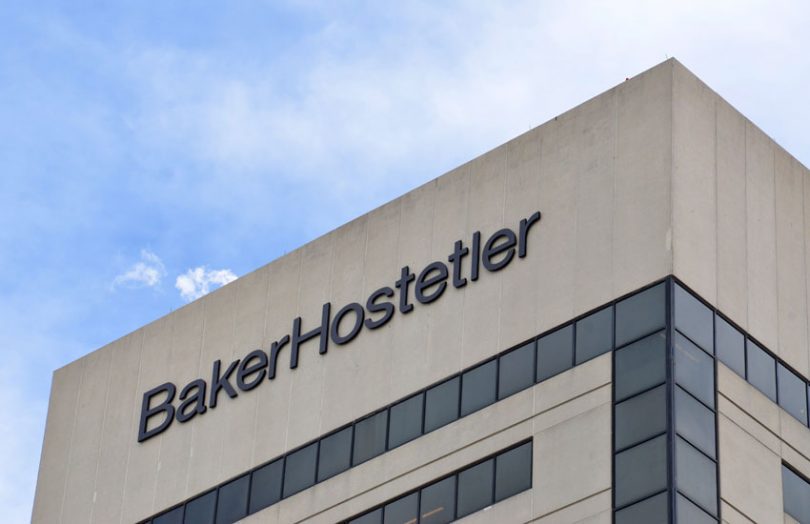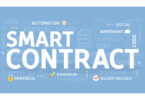U.S. law firm BakerHostetler has collaborated with Clause, a blockchain legal contract company, to develop automated, digital legal contracts for the transportation industry.
These “smart legal contracts” are digital legal agreements which integrate and automate the performance of a contract’s legally binding obligations. “Connected Contracting” transforms static documents to dynamic agreements which react to real-time data and are integrated with enterprise software systems.
How does it all work?
BakerHostetler and Clause displayed how the system could work in a case study involving fuel surcharge provisions.
These fuel surcharge clauses allow one to pass on fuel costs to a different party. This is important in industries which are sensitive to changes in fuel prices that can eat into profits. For example, increasing fuel prices will negatively affect carriers who are only compensated at the older, lower rate. On the flip side, static fuel clauses when prices drop will see the organization sending shipments locked into paying more than competitors.
It’s not a small issue. In the third quarter of 2018, the seven U.S. Class 1 railroads had fuel surcharges totalling $1.2 billion.
To combat this, contracts include calculations to mitigate volatility and find an agreed fuel surcharge. However, problems arise when shippers and carriers use the agreed calculations and come to different rates. Even an amicable agreement concerning the final price involves administrative costs, slows the process and erodes trust.
What BakerHostetler and Clause developed was a “Smart Clause”. These clauses take in various data inputs on, for example, mileage, projected fuel cost, actual fuel cost to calculate the fuel surcharge using an agreed method. At the time the contract is created there’s a blank spot where the parties enter for example the agreed Miles Per Gallon and any volume discount.
Once the agreement is in force, the contract clause would then automatically trigger a payment from shipper to carrier or a rebate from carrier to shipper. An invoice is raised, and the calculation would then be stored on a permissioned blockchain network.
So what?
The Smart Clause streamlines the process by integrating the automatic clause into the agreement itself. It does not require a separate system to digitize the contract and create machine-readable, structured contract data. Furthermore, Smart Clauses also allow integration with data analytics tools. In the case of fuel surcharges, this could mean comparisons with market benchmarks.
Some smart legal contracts do not use blockchain. However, blockchain is crucial here. The technology is, firstly, tamper-resistant, and bad actors will find it exceedingly hard to manipulate transaction logs. Furthermore, a single, shared source of truth increases transparency on calculation methods and disposes of duplicate administrative costs. Finally, transparency and automatic performance of obligations reduce the likelihood of disputes.
BakerHostetler and Clause are using Hyperledger Fabric as the blockchain on which to build their solutions. Hyperledger Fabric is an open-source blockchain with permissioned and private capabilities designed for corporate use.
“Our collaboration has given us the opportunity to conduct extensive research and development to identify issues that can be automated for businesses post-signature,” said Katherine Lowry, Director of Practice Services for BakerHostetler.
Lowry has also earmarked future developments: “Building on top of Clause’s technology infrastructure for Connected Contracting, we also developed a separate, patent-pending process targeted narrowly at fuel surcharges – but our efforts to better serve clients with technology-enabled legal services need not stop there.“
“Many aspects of supply chain management could be streamlined or completely re-envisioned. We envision similar smart legal contracts for the communications, energy and manufacturing industries, as well as for other supply chain and logistics businesses.”
The collaboration with Clause is the product of the firm’s IncuBaker program, which specializes in providing technological solutions for clients. Last year, BakerHostetler also joined the Agreements Network.
Clause is the founder of the Accord Project, a non-profit association dedicated to smart legal contracts which boasts members from many of the world’s largest law firms.
Smart legal contracts are undergoing a lot of development. China’s Ping An insurance has rolled out its own system. And Northern Trust incorporated smart legal clauses into its private equity blockchain (now managed by Broadridge).






